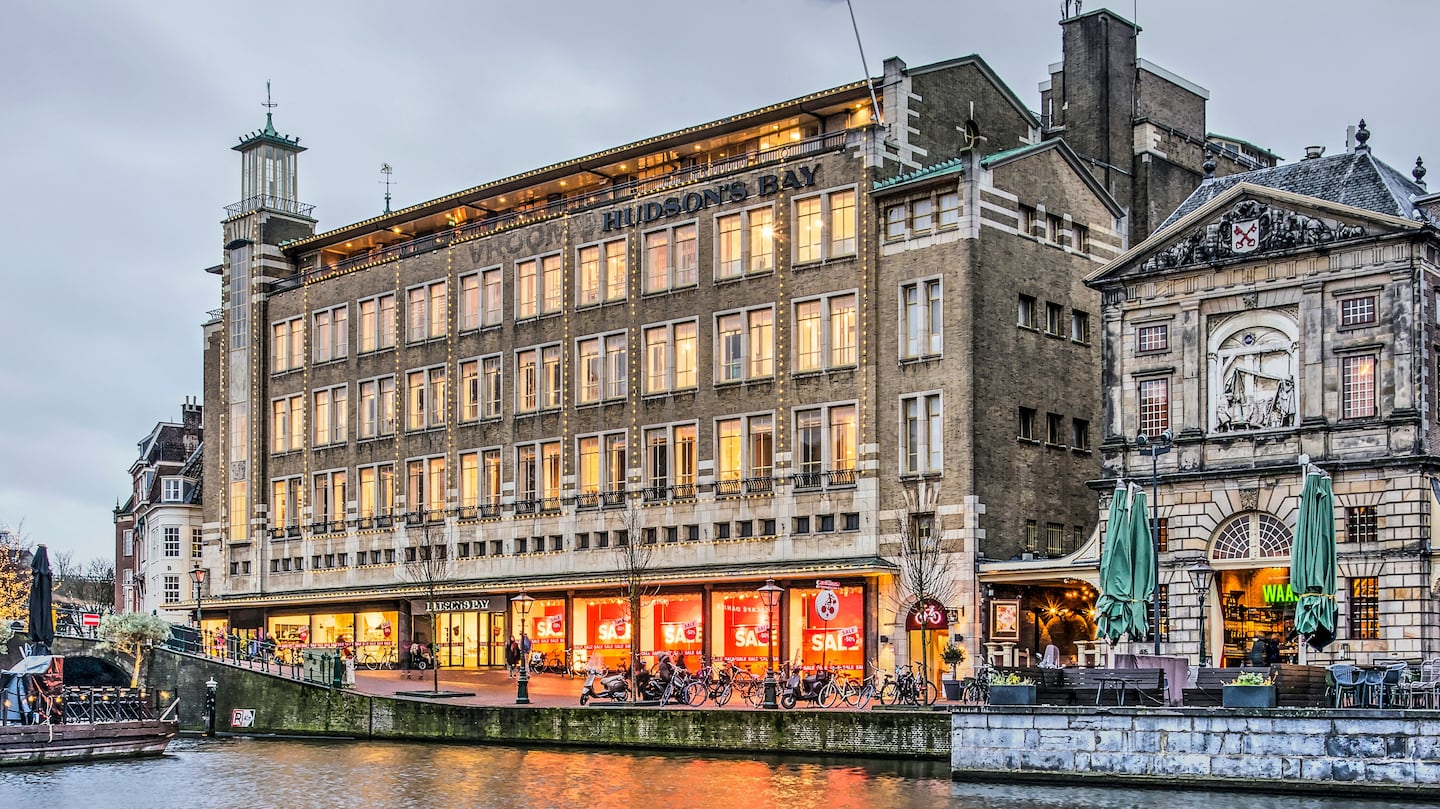
The Business of Fashion
Agenda-setting intelligence, analysis and advice for the global fashion community.

Agenda-setting intelligence, analysis and advice for the global fashion community.

NEW YORK, United States — Saks Fifth Avenue owner Hudson's Bay Co has fallen short of securing enough shareholder support for a C$1.9 billion($1.4 billion) deal to take the department store operator private, people familiar with the matter said on Friday.
A buyout consortium of Hudson's Bay investors led by its Executive Chairman Richard Baker did not win enough votes from other company shareholders by a Friday morning deadline for the deal to go through, the sources said.
The exact vote tally could not be learned. The sources cautioned that shareholders are allowed to change their minds through Dec. 17, when a special meeting of shareholders is planned.
The sources asked not to be identified because the matter is confidential. Representatives of Hudson's Bay and Baker's consortium did not immediately respond to requests for comment.
ADVERTISEMENT
The buyout consortium has 57 percent voting control over the company, but a majority of the shareholders not involved with Baker's consortium had to approve the offer. Minority shareholders, including Canadian private equity firm Catalyst Capital Group Inc and hedge fund Ortelius Advisors LP, had opposed the deal.
Catalyst, which owns roughly 17.5 percent of the retailer made an offer of C$11.00 per share for Hudson's Bay that the special committee rejected because Baker's consortium said it was not willing to allow the sale of the company to another party.
Hudson's Bay agreement to sell itself to Baker's consortium is for C$10.30 per share. Hudson's Bay shares were trading up 1 percent at C$8.74 in afternoon trading in Toronto on Friday.
The Ontario Securities Commission has held hearings this week on a petition by Catalyst to block the deal and to request more information on it. The Canadian regulator has yet to make a decision on Catalyst's complaint.
The buyout consortium's next steps were not immediately clear.
By Jessica DiNapoli, Greg Roumeliotis; Editors: Nick Zieminski, Tom Brown
The company, under siege from Arkhouse Management Co. and Brigade Capital Management, doesn’t need the activists when it can be its own, writes Andrea Felsted.
As the German sportswear giant taps surging demand for its Samba and Gazelle sneakers, it’s also taking steps to spread its bets ahead of peak interest.
A profitable, multi-trillion dollar fashion industry populated with brands that generate minimal economic and environmental waste is within our reach, argues Lawrence Lenihan.
RFID technology has made self-checkout far more efficient than traditional scanning kiosks at retailers like Zara and Uniqlo, but the industry at large hesitates to fully embrace the innovation over concerns of theft and customer engagement.